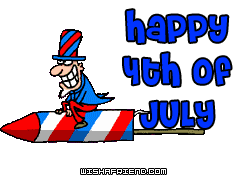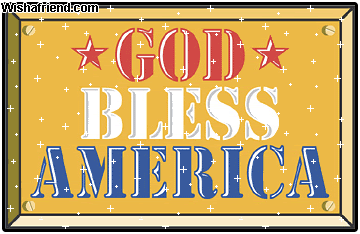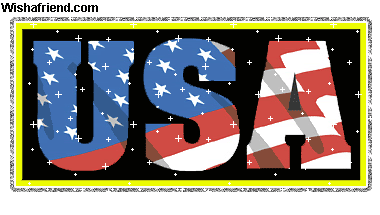The Boston Tea Party
- ..
As a result of the American protests, the Parliament terminated the Townshend Act (1777), they removed British troops from the colonies and took away the taxes except tea to show their supremacy and dominance over the colonists. The colonists demonstrated their displeasure by boycotting the tea and buying smuggle tea from Holland instead.
In 1773 the parliament passed the Tea Act which provided the following:
- Tea was allowed to be shipped in East India Company ships directly from India to the American colonies without any intermediate, bypassing the colonial wholesale merchants.
- A duty of three pence per pound was to be collected on tea delivered to America; this tax was considerably less than the previous one.
- The tea was to be marketed in America by merchants selected by the East India Company.
This gave the British East India Company (who sold the tea) to avoid economic failure by having a control in the importation of tea into the colonies.This changes made the tea much more cheaper than the smuggle tea, this made the British think the colonist would willingly pay the tax since they were able to pay a low price for tea. However if the colonists paid for the duty tax on the imported tea, they would be recognizing the Parliament's right to tax them. When the East India Company sent shipments of tea to Philadelphia and New York the ships were not allowed to land. In Charleston the tea-laden ships were permitted to dock but their cargo was retained on a warehouse for 3 years until it was sold for colonial patriots to finance the revolution. On Monday morning, the 29th of November, 1773, a handbill was posted all over Boston, containing the following words: "Friends! Brethren! Countrymen!--That worst of plagues, the detested tea, shipped for this port by the East India Company, is now arrived in the harbor.
Three ships from London, the Dartmouth, the Eleanor and the Beaver, sailed into Boston Harbor from November 28th to December 8, 1773. Loaded with tea from the East India Company, they were all anchored at Griffin’s Wharf but were prevented from unloading their cargo. Claiming the tea to be returned or to face payback, the Sons of Liberty under the leadership of Samuel Adams met to determine the ships´ luck.
 On a night of December 16, 1773 the Boston patriots took matter into their own hands. They disguised as Mohawk Indians and with the spirit of freedom ignited they headed towards Griffin's Wharf and the three ships. Quietly they boarded the 3 ships and dumped the tea into the sea. By nine o'clock p.m., the Sons of Liberty had emptied a total of 342 crates of tea into Boston Harbor.
On a night of December 16, 1773 the Boston patriots took matter into their own hands. They disguised as Mohawk Indians and with the spirit of freedom ignited they headed towards Griffin's Wharf and the three ships. Quietly they boarded the 3 ships and dumped the tea into the sea. By nine o'clock p.m., the Sons of Liberty had emptied a total of 342 crates of tea into Boston Harbor. Most colonists applauded the action while the reaction in London was furious and vigorous.














